Fighting corruption: Nobody is immune
Tuesday, 11.03.2014.
11:37

Fighting corruption: Nobody is immune
Ahead of the start of Serbia’s EU accession negotiations, the consensus among the international community has been that, although Serbia has accomplished a lot in combating corruption, the country still has a long way to go. The latest news, underlining the importance of the European integration process to Serbia’s anti-corruption efforts, came on 16 January, with Serbia signing an operational agreement on strategic cooperation with Europol, stipulating an exchange of information and the participation of Serbian police in operations around Europe.This collaboration with international institutions is hugely important just prior to EU negotiations, said Serbian PM and Interior Minister Ivica Dačić, adding that Serbia now has new tools at its disposal: “The more we use these [tools], the better the results we are going to achieve in fighting organised crime and corruption, as well as diminishing other risks that are a threat to European citizens and countries.”
Europol director Rob Wainwright also said that the signing of the agreement was very significant in terms of the historically important relations between Serbia and the EU, adding: “By signing this agreement, Serbia has joined the family of European peoples that are combating organised crime in a more efficient way.”
The European Union has the most sophisticated anti-corruption methods, as outlined in the Corruption Perception Index 2013 survey conducted by Transparency International. Countries such as Austria, Belgium, Denmark, Finland, France, Italy, Ireland, Luxembourg, Malta, Netherlands, Sweden and the UK have the lowest corruption perception index, along with non-European countries the US and Canada. However, the EU is still unhappy with its results and has been working to create even more anticorruption tools.
According to a comprehensive study presented at the European Parliament in April last year, EU members lose an estimated €323 billion annually due to corruption, which is almost a third of the proposed EU budget for 2014- 2020 and far in excess of earlier estimates of €100 billion. The report, compiled by the Bertelsmann Foundation in Germany and Berlin-based private university Hertie School of Governance, classifies every member state into one of four categories of corruption risk and anti-corruption capacity. It also highlights a link between corruption and EU state budget deficits, particularly in Greece and Italy. Such findings have brought into question the widespread belief that EU membership brings with it anti-corruption benefits; Greece, Italy and Spain have all regressed in their fight against corruption, despite each state’s longterm EU membership.
Advocating a “zero tolerance policy towards fraud against the EU budget”, in July the European Commission proposed the establishment of the European Public Prosecutor’s Office. “With public finances under pressure throughout the EU, every euro counts,” said European Commission Vice President Viviane Reding. “Member states report an average of about €500 million of suspected fraud each year. But the real amount of fraud is likely to be significantly higher.The victim is the EU budget and, of course, the European taxpayer. It is a federal budget. If we don’t protect it, nobody else will do it for us.”
The new body would primarily work to protect the European budget, while harmonising and expediting national legislative procedures across the EU. It would eliminate the inability to gather evidence in crossborder cases, since its jurisdiction would cover almost all EU members.
“The European Public Prosecutor’s Office will consist of a European public prosecutor, supported by four deputies and located in head office, and European delegated prosecutors, based in each of the member states,” said EU Antifraud Commissioner Algirdas Šemeta. “These delegated prosecutors will be in charge of directing investigations and prosecutions on the ground, and they will come from, and remain a part of, their own national justice systems.” A ‘college’ of 10, consisting of the public prosecutor, four deputies and five delegated prosecutors, will ensure seamless integration between the EU and its nation states, while every decision made by the office can be reviewed in the national courts of each member state.
The findings of the Anti-Corruption Offices show that reports of embezzlement and corruption come mostly from the private sector or individuals, while individual state governments are “most hesitant” to report cases of abuse of EU funds in their “own backyard”. Out of all conducted investigations, less than half (42.3%) resulted in a conviction before the national courts. Should the member states and the European Parliament second the proposal, the European Public Prosecutor’s Office is expected to start operating on 1 January 2015. Denmark and the UK have already decided against participating in this all- European project, while Ireland is yet to have its say in the matter.
Away from the EU’s anti-corruption methods, there are other ways to curb corruption. In late-December, Turkey was rocked by a major corruption scandal, which still hasn’t died down. Turkish Minister of Environment and Urban Planning Erdogan Bayraktar, Minister of the Interior Muammer Guler and Minister of Economy Zafer Caglayan all resigned after their sons had been implicated in a major corruption case. In mid-January, a number of police and prosecution officials were relieved of their duties, while heads of police in at least 15 Turkish provinces had to resign following government efforts to quell the scandal. Ankara’s head of police resigned the day after 350 of his officers had been either transferred or fired. Turkish PM Recep Tayyip Erdogan even threatened to “break the arms” of rivals who had been using the investigation to undermine his term in office just prior to local elections scheduled for March.
The Turkish media believes that the corruption investigation and subsequent arrests happened as a result of the fight for power between Erdogan’s government and the Islamic movement headed by US-based cleric Fethullah Gulen, who is thought to have a huge influence on Turkey’s police and judiciary. Erdogan has no plans to retreat, while political analysts believe the corruption affair will diminish the reputation and influence of the Turkish PM, a man previously thought to be one of Turkey’s most powerful political figures since founder of the modern Turkish republic Kemal Ataturk.
Croatia, meanwhile, was ranked 57th in the Corruption Perception Index 2013, a jump of five places compared with 2012, indicating a drop in the country’s corruption index. The country came third in the West Balkans, and while business etiquette in Croatia is considered better than in the rest of the region, it is still far from the desired level. The most effective prevention of corruption in business is via stricter tax audits, commented anti-corruption expert Zorislav Antun Petrović following the results. “Also,” he added, “I’m afraid that in Croatia, cousinly, regional or party ties are too often the decisive factor in concluding contracts, which doesn’t formally constitute a bribe, but it can certainly be viewed as corruption and harmful to the economy.”










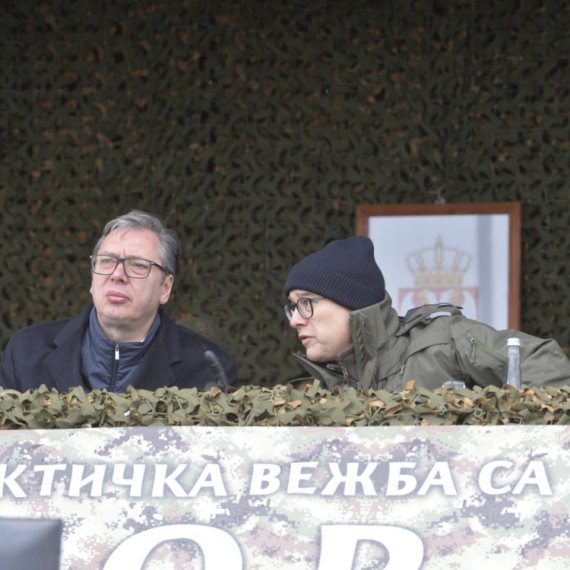




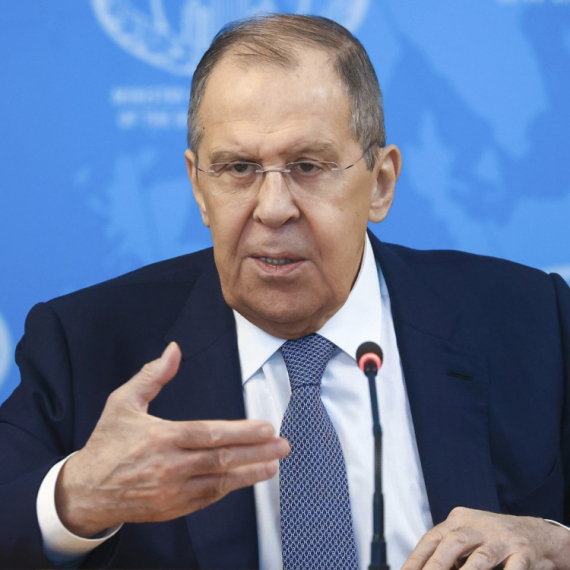






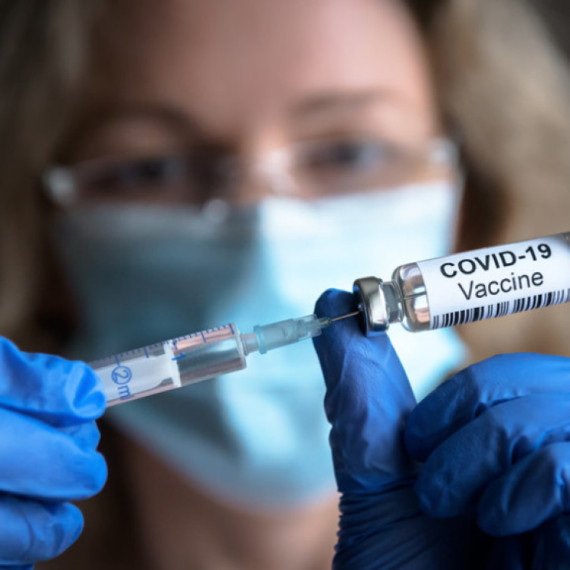


















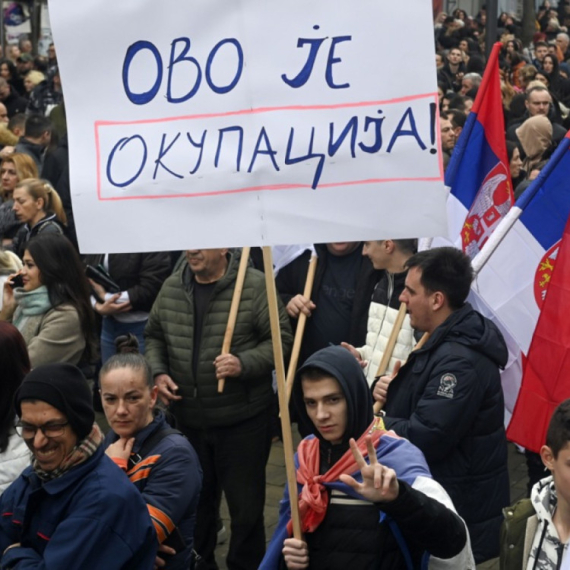




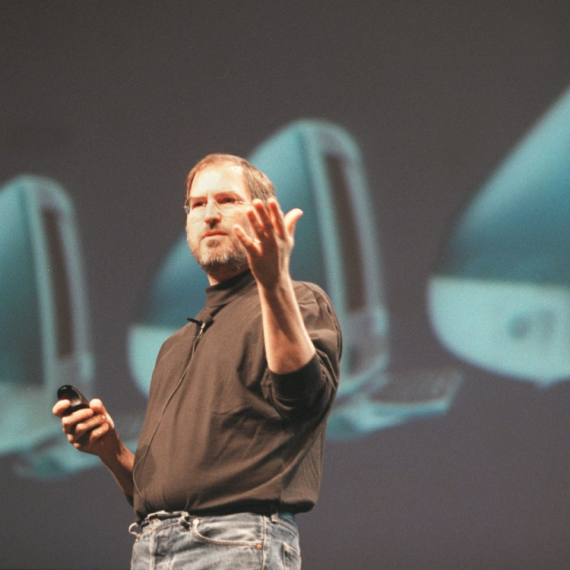

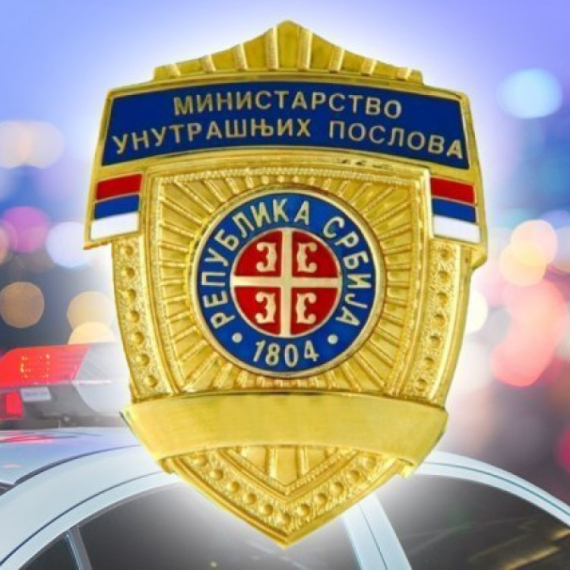




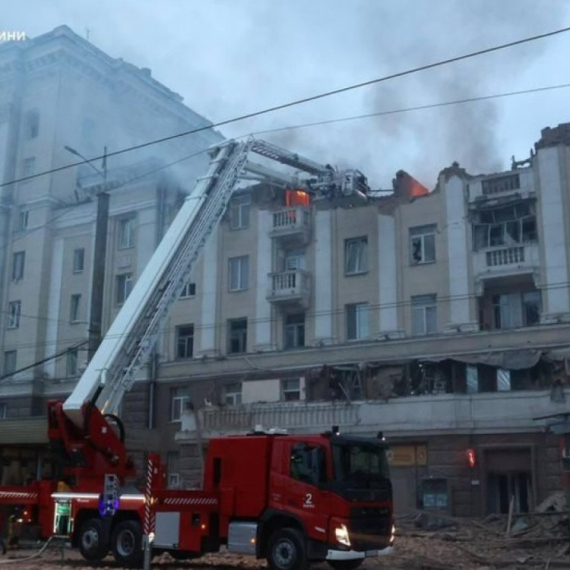
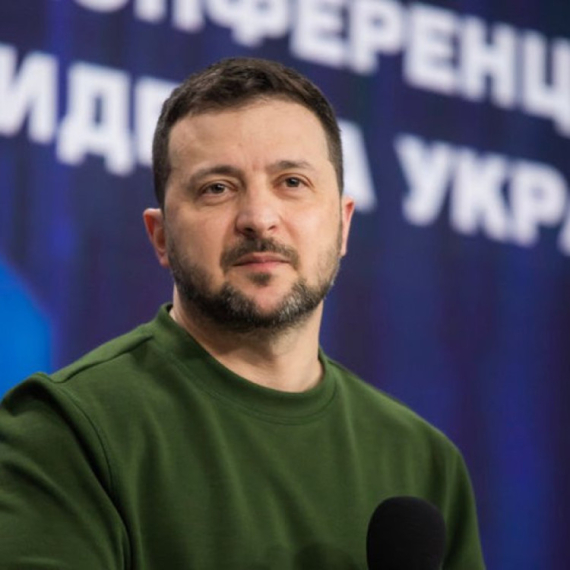



Komentari 0